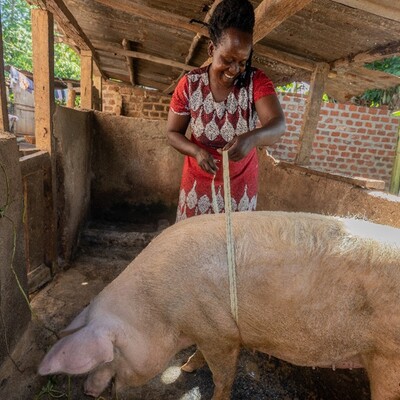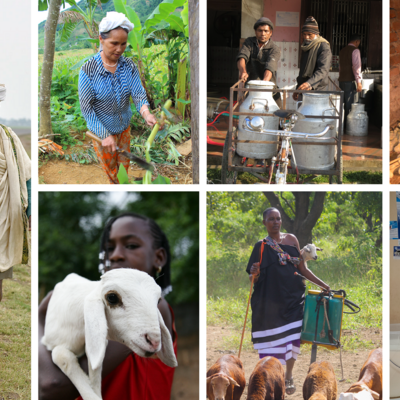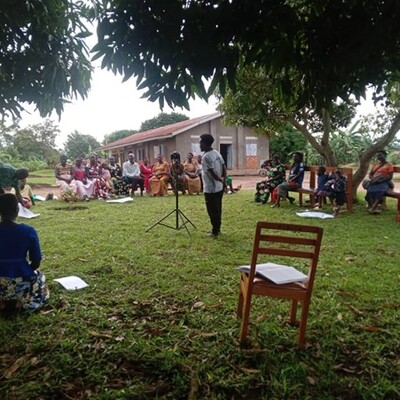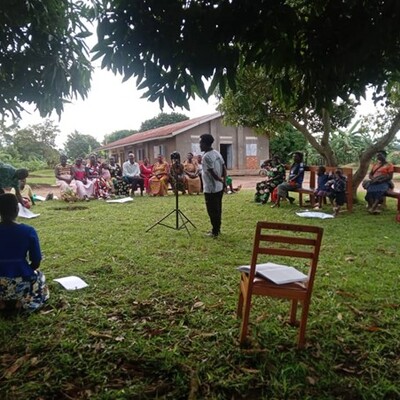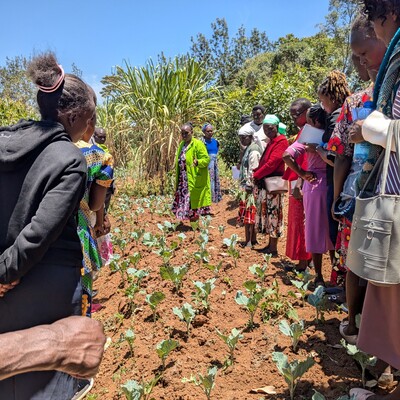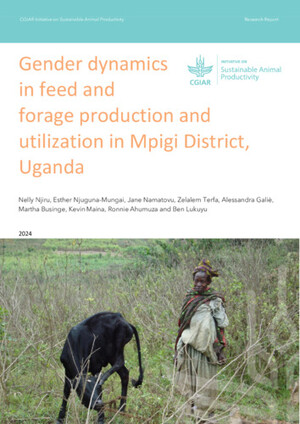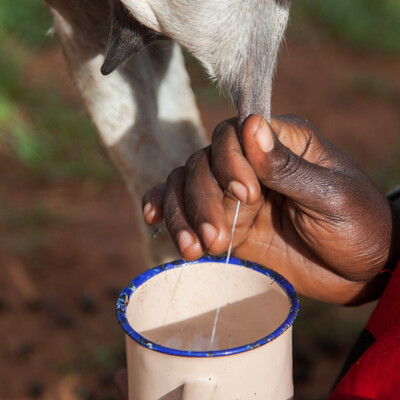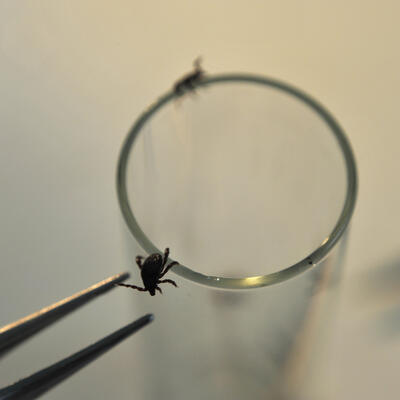

ILRI workshops strengthen women’s response to climate change in distressed areas of India
The International Livestock Research Institute (ILRI), in collaboration with the Indian Council of Agricultural Research (ICAR), is implementing a project that highlights the importance of addressing gender-specific challenges in the livestock sector and promotes resilience and empowerment among women farmers in India. The ‘Gender-livestock-climate analytic approach (GLCAA) for livelihood improvement in distressed areas of India’, project will run from 2023–2026.
GLAA will be implemented in Odisha, Andhra Pradesh, Bihar, Rajasthan and Gujarat states of India. The project has the following objectives:
• To address critical gender issues in the livestock sector in the context of climate change;
• To integrate gender-responsive strategies in livestock interventions; and
• To evaluate the impact of these interventions on women's social and economic empowerment.
In January 2024, ILRI and ICAR's Central Institute for Women in Agriculture (CIWA), Bhubaneswar, organized two awareness workshops on ‘Strengthening livelihoods of women farmers through climate-resilient livestock production’ in Odisha State. Held on 5 January 2024 in Kajipatna Village, Puri District, and 19 January 2024 in Mamdalpur Village, Jagatsinghpur District, the workshops had a total of 40 participants.
During these events, participants were introduced to women-friendly scientific management tools and techniques designed to reduce vulnerability in livestock production systems. These tools included hydroponic fodder farming and Azolla cultivation.
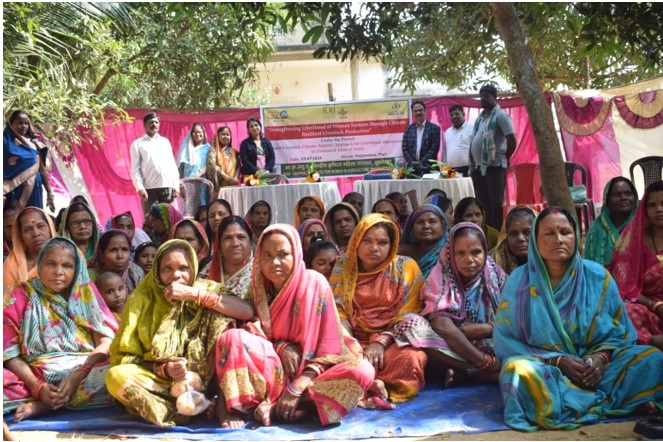
Group photo taken during the awareness workshop in Kajipatna Village, Puri District, Odisha State (photo credit: ILRI/Braja Bandhu Swain).
In addition to these workshops, two awareness sessions on ‘promoting women's response to climate change in the livestock sector’ were held in Supaul, Bihar and Bikaner districts, Rajasthan State. Strategies to mitigate these effects were discussed, providing participants with actionable insights, including how to store feed during flood or cyclone seasons and precautions to take before the rainy season.
To further understand the impact of climate change on women involved in livestock farming, a baseline survey using a semi-structured questionnaire was conducted in both Odisha and Rajasthan states. The results of this survey, involving 200 women farmers, will be used to develop the Livestock Farmers' Livelihood Vulnerability Index for Climate Change (LLVI). LLVI is a tool used to assess the vulnerability of livestock farming to climate change and other factors.
Additionally, eight focus group discussions (FGDs) were conducted in Bihar from 8–14 June 2024. These FGDs, which included sessions with both women and men, assessed women's empowerment and the role of support institutions in enhancing this empowerment. The data from these surveys and FGDs will be analysed to determine possible interventions under the GLCAA project.
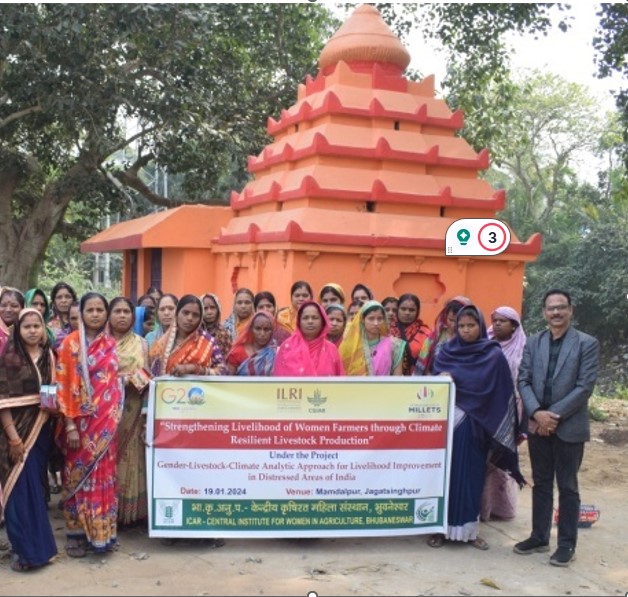
Women and men take part in focus group discussions in Odisha (photo credit: Braja Bandhu Swain).
(The post was edited by Chi Nguyen, Terry Mwenda and Paul Kariamu, communication officers, ILRI)
You may also like
Related Publications
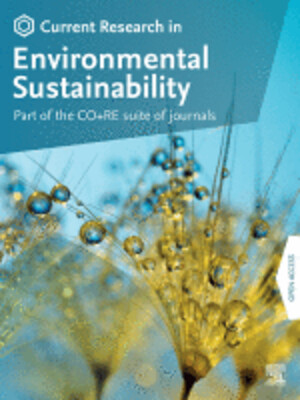
A positive deviance approach to understand gender relations and practices that support transformative adaptation: Insights from Kenya dairy households
- Bullock, Renee
- DuttaGupta, Tanaya
- Miriti, Philip
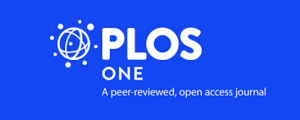
“Without a man’s decision, nothing works”: Building resilience to Rift Valley fever in pastoralist communities in Isiolo Kenya
- Mutambo, Irene N.
- Bett, Bernard K.
- Bukachi, S.A.

Gender and antimicrobial resistance: a conceptual framework for researchers working in livestock systems
- Emdin, F.
- Galiè, Alessandra
- Moodley, Arshnee
- Van Katwyk, S.R.
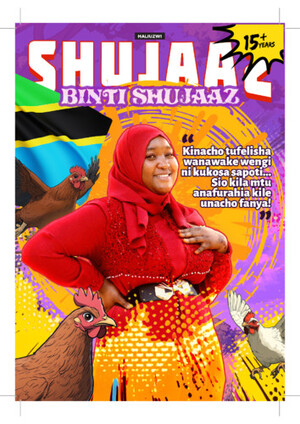
Binti Shujaaz
- Komba, Lucy
- Mpenze, Neema
- Mbugua, Narayan
- Biamah, Stephan
- Deacon, Bridget
- Galiè, Alessandra
- Achandi, Esther
- Omondi, Immaculate A.
- Campbell, Zoë A.
- Jeremiah, Adolf
- Jumba, Humphrey
- Ngoteya, Godfrey
- Kariuki, Eunice
- Omore, Amos O.





